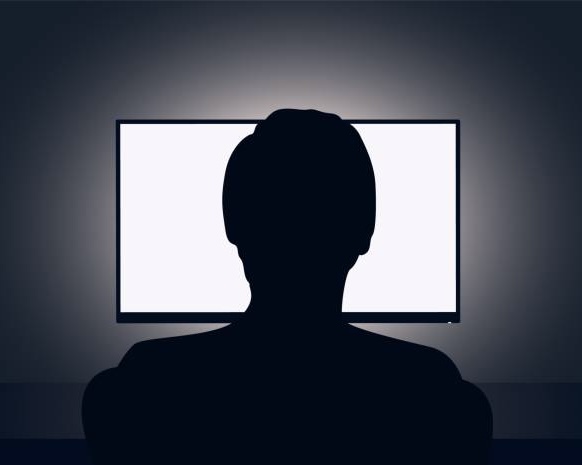The Man Behind the Screen
I froze as soon as I stepped inside the man’s house. The overwhelming scent of old books and stale coffee hit me immediately, but what truly sent a chill down my spine was the sight before me. The man sitting across from me was not what I expected. He wasn’t some slick, predatory figure, but an older version of a man who looked harmless, almost pitiful. His face was lined with age, the deep furrows across his forehead suggesting a life lived under stress. His clothes were unkempt, and his eyes—those tired, worn eyes—seemed to hold a story of their own.
I had come here full of anger, ready to yell, to confront, to do whatever it took to protect my daughter. But now that I was here, standing in the doorway of this stranger’s living room, all my fury felt misplaced. It was like I had walked into someone’s tragic life, not some predator’s lair.
“Can I help you?” the man asked in a voice that was quiet, almost too soft. His hands trembled slightly as they rested on the armrest of the chair.
I opened my mouth, but for a moment, the words stuck in my throat. My mind was racing, trying to figure out what had drawn my daughter into contact with someone like this. Was he dangerous? Was he preying on her? Was he… alone?
“I’m here about my daughter,” I finally managed to say, my voice shaking with a mix of confusion and anger. “I found out you’ve been talking to her online. What are you doing, talking to a 15-year-old?”
He blinked, his expression unchanging. “Your daughter?”
“Yes,” I snapped. “I know about the messages, the chats. What’s your angle here? What are you trying to get from her?”
For a moment, he just stared at me, his lips parting like he was about to speak but couldn’t find the words. Finally, he exhaled, leaning back in his chair. “Look, I understand why you’re angry. I didn’t mean to upset you or your family. But you’ve got the wrong idea.”
“Wrong idea?” My voice rose, unable to contain the panic that was now creeping into my chest. “You’re talking to a child—my child! How could you not mean to upset anyone?”
He slowly stood up and motioned for me to sit down. It wasn’t a command, but more of a gesture to make me understand that he wasn’t a threat. Against my better judgment, I sat on the couch across from him. He took a deep breath before speaking.
“Your daughter, she’s been messaging me for advice. I’m a therapist,” he said quietly. “I help young people who… well, who need someone to talk to. She was asking for help with school, with friends, with all sorts of things. I didn’t know she was so young at first. When I found out, I told her it was time to stop.”
My mind reeled. Therapist? What was he talking about? My daughter hadn’t mentioned this to me or my wife.
“Why didn’t you tell me? Why didn’t you stop the second you realized how young she was?”
“I tried,” he said, his voice breaking slightly. “I tried to end the conversations, but she kept coming back, asking for more help, more advice. She was struggling with things I didn’t know how to handle. She seemed so lost, and I… I didn’t know who else to turn to.”
I stared at him, trying to make sense of his words. His eyes didn’t seem like the eyes of a predator. They were sad, tired. I felt my anger begin to shift into confusion. Was he really just trying to help her? Was this all some tragic misunderstanding?
“I’m sorry,” he said, suddenly sounding even more defeated. “I never meant to overstep. I never wanted to hurt anyone. I just… I thought I was doing the right thing.”
My head was spinning. I stood up abruptly. “You should’ve told me. You should’ve told someone. You don’t talk to a kid like that in secret.”
The man nodded, his face pale. “You’re right. I was wrong.”
I left his house that day with more questions than answers, my heart heavy with a mix of anger, confusion, and fear. When I got home, I sat down with my daughter and asked her about everything. It turns out the man had indeed been trying to help her with her problems, but she didn’t know how to reach out to anyone else, so she turned to him.
In the end, the situation wasn’t as clear-cut as I’d hoped. It wasn’t black and white. There were no easy answers, just a tangle of good intentions and bad decisions. I didn’t know what the right thing to do was—whether to thank this man for his kindness or to call him out for not setting boundaries. But I knew one thing for certain: the world we live in is a lot more complicated than we want it to be.
